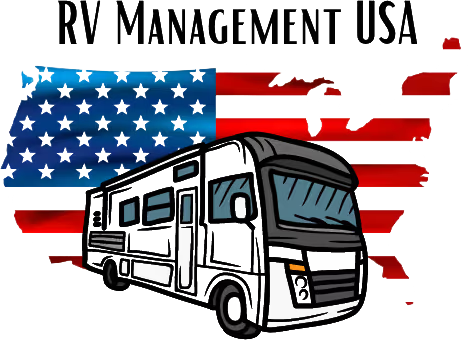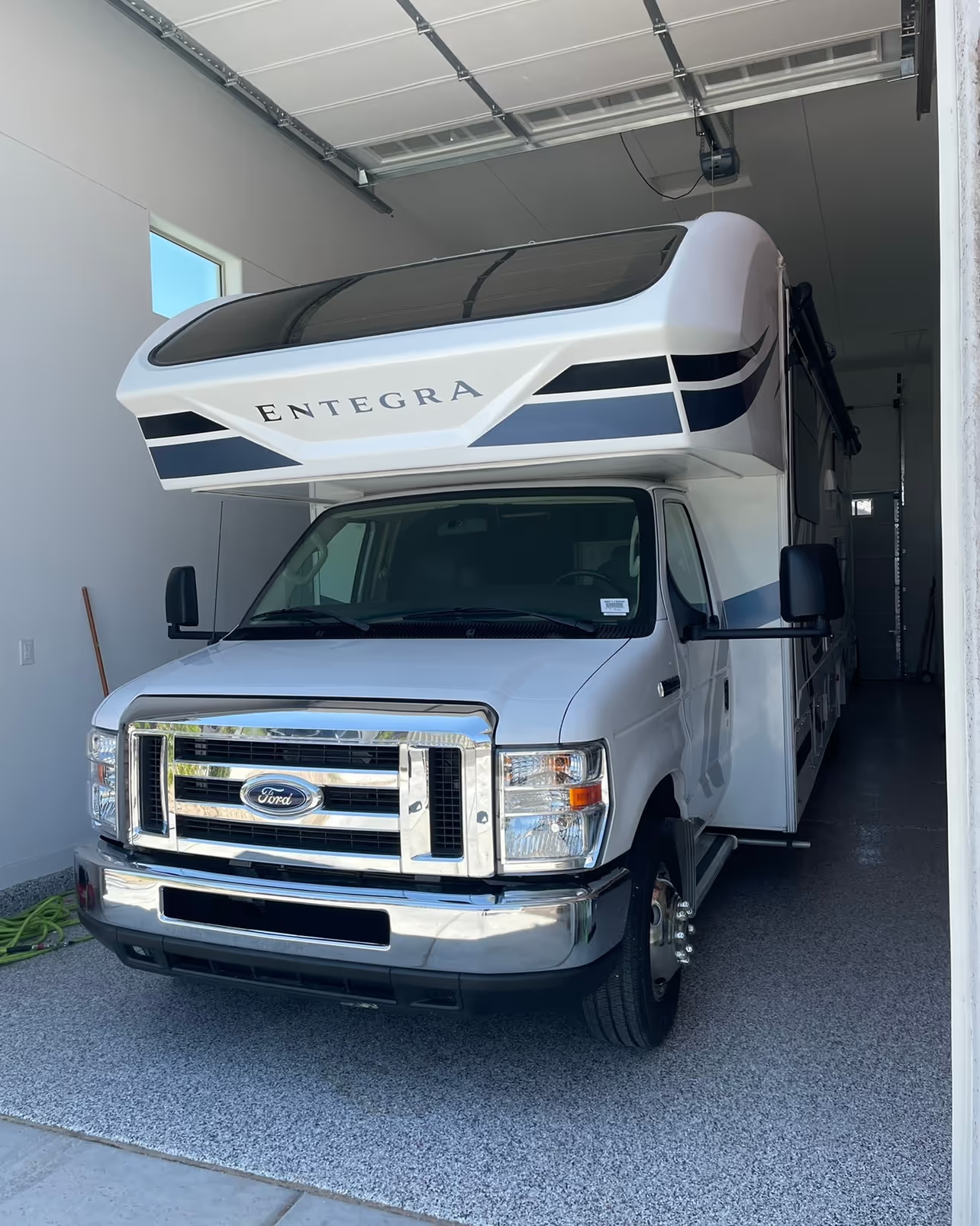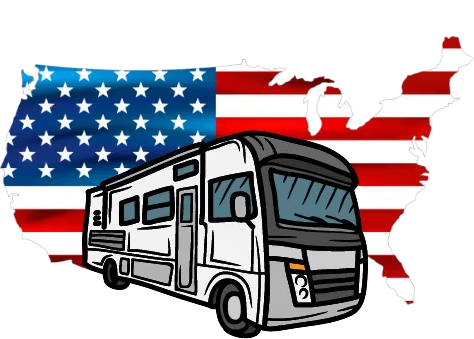If you're thinking about renting out your RV to generate passive income, you're not alone. Thousands of RV owners are turning their vehicles into profitable assets through rental platforms and professional management programs like RV Management USA.
But before you hand over the keys, there’s one critical area you need to understand in full: Legal and Insurance Essentials for RV Rental Management.
This isn’t just about fine print—it’s about protecting your asset, your income, and your peace of mind. In this in-depth guide, we’ll break down everything you need to know to rent out your RV safely, legally, and profitably.
Table of Contents
- Why Legal and Insurance Knowledge Matters in RV Rentals
- Legal Foundations: What Every RV Owner Should Know
2.1 Personal Use vs. Business Use: Drawing the Line
2.2 Business Structure and Liability Protection
2.3 Rental Agreements: What Should Be in Writing
2.4 Compliance with Local Laws and Regulations - Insurance Essentials: What You Need to Be Covered
3.1 Personal Insurance Is Not Enough
3.2 What Commercial RV Rental Insurance Covers
3.3 Insurance Through Platforms
3.4 Gap Protection: When the Unexpected Happens - Safety and Security Considerations
4.1 Pre-Rental Checklists
4.2 Renter Verification and Driver Screening
4.3 Renter Orientation and Documentation - Damage, Disputes, and Claims: What Happens When Things Go Wrong
- Tax Implications of Renting Your RV
- Working with a Rental Management Company like RVM
- Final Thoughts: Peace of Mind Is Part of the Profit
Why Legal and Insurance Knowledge Matters in RV Rentals

Renting out an RV is more than a side hustle—it’s a business. And like any business, it carries legal responsibilities and liability risks.
Without proper legal structure, rental agreements, or insurance, you could:
- Be held liable for accidents or injuries
- Void your personal RV insurance policy
- Violate local or provincial/state regulations
- Expose yourself to property damage without recourse
- Miss out on tax advantages tied to business operations
Understanding your legal obligations and coverage options ensures your RV rental operation is not just profitable—but protected.
Legal Foundations: What Every RV Owner Should Know
1. Personal Use vs. Business Use: Drawing the Line
The moment you rent your RV, even just once, it transitions—at least partially—from a personal asset to a commercial or business asset.
This affects:
- Insurance eligibility
- Tax deductions and reporting
- Depreciation
- Legal liability
Pro Tip: If you rent your RV for more than 14 days a year (in the U.S.) or operate it primarily as a rental business (Canada), it's considered commercial activity.
2. Business Structure and Liability Protection
If you're serious about renting out your RV regularly, consider setting up a formal business entity.
Common Options:
- Sole Proprietorship: Easiest setup, but no liability protection.
- Limited Liability Company (LLC) or Corporation: This is recommended and adds a layer of protection between you and your personal assets.
- Numbered Company (Canada): Helps separate rental income from personal finances and supports proper GST/HST remittance.
Why It Matters:
Without a legal entity, a renter accident could lead to personal liability for injuries, damages, or even lawsuits.
Best Practice: Work with a legal or tax advisor to determine the best structure for your goals and risk tolerance.
3. Rental Agreements: What Should Be in Writing
A clear, written agreement is your first line of defense if something goes wrong.
Whether you're renting directly or through a platform or via a professional management company like RV Management USA, your rental contract should include:
- Driver eligibility requirements (age, license, experience)
- Mileage and generator limits
- Security deposit terms
- Pet and smoking policies
- Cleaning and return condition expectations
- Late return penalties
- Insurance requirements and liability disclaimers
At RV Management USA, all bookings are covered under standardized, platform-integrated rental contracts that are designed to protect both the owner and the renter—automatically.
4. Compliance with Local Laws and Regulations

Depending on your location, you may need to:
- Obtain a business license or GST/HST number
- Adhere to local zoning or parking restrictions (for on-site rentals)
- Ensure your RV passes safety inspections or emissions checks
- Collect and remit short-term rental taxes or sales taxes
Failing to follow these rules could lead to fines, penalties, or even having your rental activity shut down.
Tip: At RV Management USA, your rental manager can help guide you through the regulatory landscape—especially if you're operating in multiple regions or provinces/states.
Insurance Essentials: What You Need to Be Covered
Insurance is one of the most misunderstood—and critical—parts of RV rental management.
1. Personal Insurance Is Not Enough
Your standard RV insurance policy is intended for personal recreational use—not commercial rental.
If you rent your RV and an accident occurs, your insurer may:
- Deny the claim outright
- Cancel your policy
- Refuse to renew coverage
That’s why you need a supplimental commercial RV rental insurance that explicitly covers renter-driven use.
2. What Commercial RV Rental Insurance Covers
A comprehensive policy designed for rentals typically includes:

RV Management USA ensures all renter bookings are covered by commercial insurance, either through a third-party partner or embedded platform policies.
3. Insurance Through Platforms (Outdoorsy, RVezy, etc.)
If you rent through a major platform, you may be eligible for built-in protection plans.
Example: Outdoorsy (U.S. and Canada)
- Offers up to $1M in liability and full physical damage coverage
- Deductible options passed to the renter
- Interior protection available
However, coverage varies by provider, location, and policy selection—so read the terms carefully.
4. Gap Protection: When the Unexpected Happens

Some owners choose to supplement platform insurance with:
- Commercial fleet coverage (some territory managers at RVM use this)
- Loss of income protection if the RV is damaged and out of service
- Extended roadside assistance
- Umbrella liability insurance for added protection
Safety and Security Considerations
Legal and insurance protections are essential, but proactive safety measures go a long way in preventing issues before they start.
✅ Pre-Rental Checklists
Before every rental, your manager should:
- Inspect tires, lights, brakes, and hitch systems
- Test propane detectors and carbon monoxide alarms
- Document interior and exterior condition
- Confirm all required equipment is on board (fire extinguisher, first aid kit)
At RV Management USA, these inspections are routine and logged for every rental.
✅ Renter Verification and Driver Screening
Don’t hand over your RV to just anyone. Your management team or platform should:
- Verify the renter’s driver’s license
- Confirm they meet minimum age and experience thresholds
- Run background or driving history checks if needed
The goal is simple: reduce risk, increase safety, and protect your asset.
✅ Renter Orientation and Documentation
A detailed walkthrough video or in-person orientation can prevent:
- Equipment misuse
- System failures (e.g., improper sewage dump)
- Claims due to renter confusion
RVM mangers always make sure renters sign off on having received operational instructions and understand emergency procedures.
Damage, Disputes, and Claims: What Happens When Things Go Wrong?

Even with the best precautions, incidents happen. How you handle them matters.
1. Damage Documentation
Use a standardized system to log pre- and post-trip conditions, with:
- Timestamped photos
- Written checklists
- Digital renter signatures
This helps resolve disputes quickly and provides evidence for insurance claims.
2. Security Deposits
Hold a refundable deposit to cover:
- Minor interior damage
- Missing items
- Cleaning violations
- Excess mileage or generator use
Most platforms and management services like RVM handle this automatically.
3. Filing Claims
In the event of a claim:
- Notify your manager and insurer immediately
- Provide documentation (photos, contracts, checklists)
- Avoid admitting fault or negotiating privately with the renter
A professional manager like RV Management USA will coordinate claims on your behalf—saving you time and stress.
Tax Implications of Renting Your RV
While not strictly legal or insurance-related, it’s worth noting:
- Rental income must be reported
- You may be required to charge/remit sales or GST/HST taxes (RVM does this so that you don't have to)
- You can write off many expenses (storage, insurance, repairs, depreciation)
Talk to a tax advisor to make sure you're compliant—and taking advantage of the deductions available to you as a rental business owner.
Working with a Rental Management Company: The Smart Way to Stay Protected
Legal complexity and insurance gaps can be overwhelming—but you don’t have to go it alone.
Partnering with a rental management service like RV Management USA provides:
✅ Turnkey legal contracts and compliance practices
✅ Commercial insurance coverage on every rental
✅ Automated renter screening and documentation
✅ Safety inspections and maintenance protocols
✅ Damage handling and claim support
✅ Transparent income reporting for tax season
In short: you earn, we protect.
Final Thoughts: Peace of Mind Is Part of the Profit
Legal and insurance essentials aren’t just boxes to check—they’re the foundation of a successful, stress-free RV rental business.
By understanding your responsibilities and partnering with professionals who handle the details, you can turn your RV into a revenue stream without risking your wallet, your RV, or your sanity.
Let RV Management USA handle the risk, logistics, and legal work—so you can focus on the income. Reach out to us today.
— RVM Team













